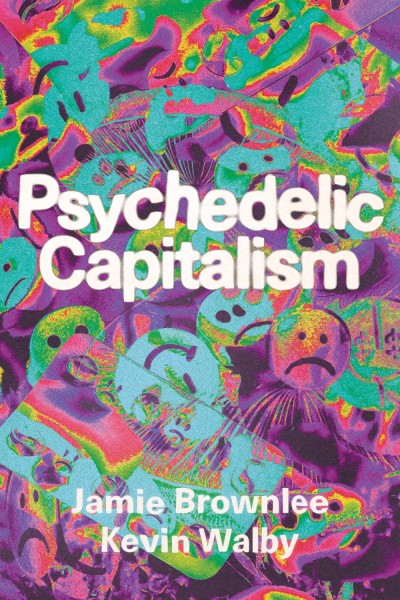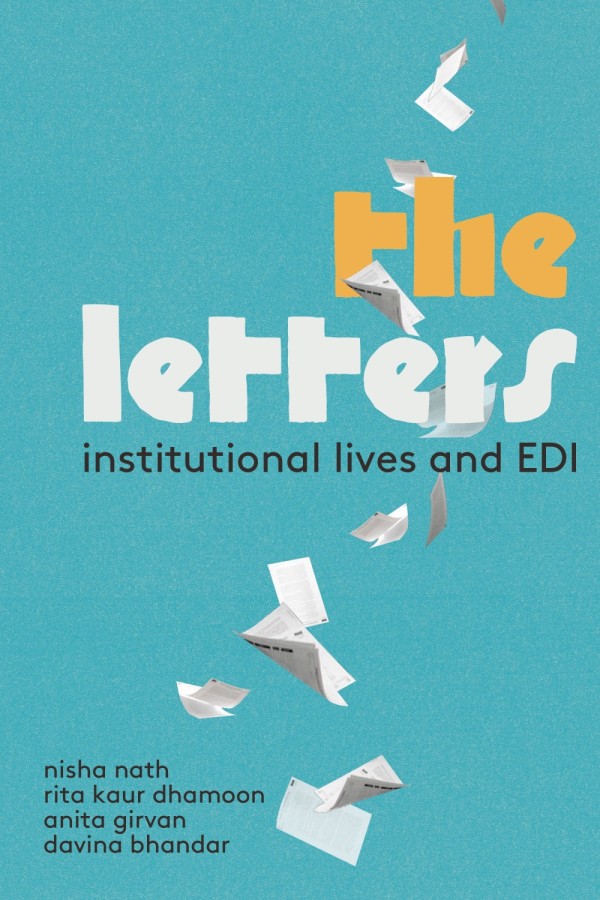
The Letters
Institutional Lives and EDI
A powerful witnessing, gathering, and tracing of the circulation of letters to inquire into the writing of life in the often destabilizing and troubled waters of the EDI university.
About the book
The Letters asks what do equity, diversity, and inclusion–related letters do for the university as an institution and for those who are supposed to benefit from EDI initiatives? What do these letters tell us about institutionalized relationships, control, and creative resistance?
Intimate and moving, this erudite collaboration among four publicly engaged scholars traces power as it weaves through institutional correspondence. In grappling with official claims of inclusion, the authors examine how EDI-related letters are used by the university to claim a mythical identity — of being equitable, inclusive, diverse, and decolonizing —while simultaneously warding off criticism. Focused on recuperating the labour and forms of life-writing that members of subordinated groups undertake in institutions, The Letters amplifies structurally marginalized voices to diagnose why and how EDI adversely impacts certain people and poignantly identifies creative ways to intervene against the neoliberal university.
Activism & Social Movements Cultural Studies Education Public Policy
What people are saying
Gulzar R. Charania, associate professor, Feminist and Gender Studies, University of Ottawa“The Letters diagnoses and intervenes in the state of institutional life in the university, while also insisting on letters that teach us about labour, care, and collectivity. It is incisive and nourishing. Read it.”
Contents
- Chapter 1: ‘The Letters’: Writing Lives Through and Against the EDI University
- Chapter 2: The Invitation: ‘The Letters’: EDI and Tracing Work in the Academy
- Chapter 3: Swallowing EDI and Complaint Procedures: Writing Lives of Magnificent, Subversive, and Rebellious Communities
- Chapter 4: Riffing with Aunt Jemima: Rhythms of Call-and-Response within Nested Letters
- Chapter 5: Up for Grabs: Public University, Where Are We Now?
- Chapter 6: The Letters’: Collective Tracing



_cover-FINAL_400_600_90_s.jpg)
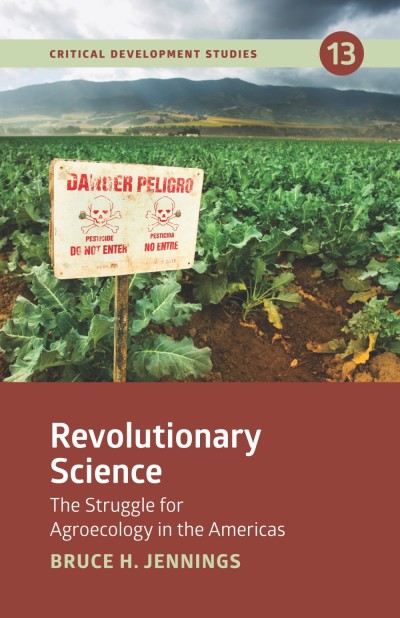
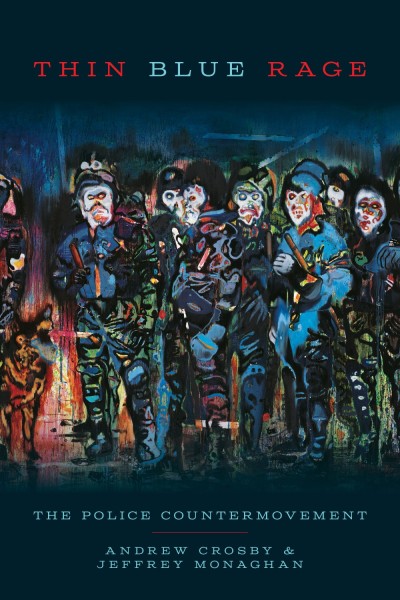
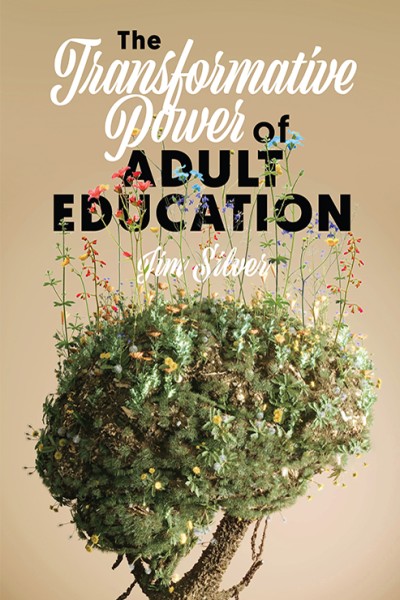
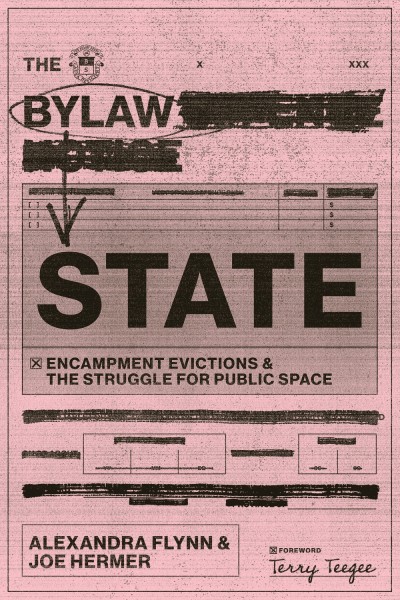
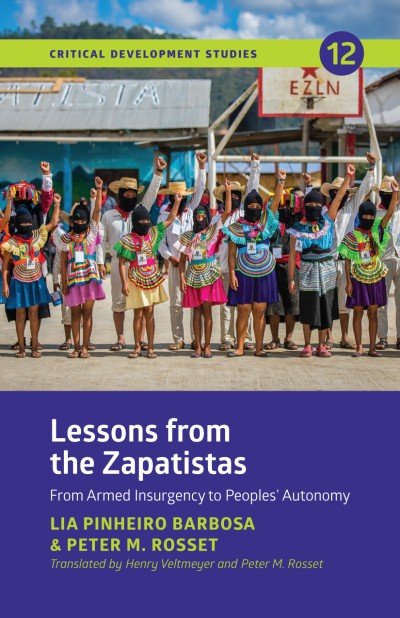

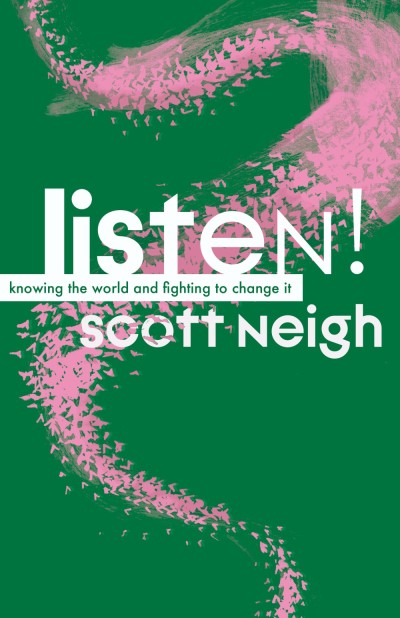
_cover-FINAL_400_600_90_s.jpg)

